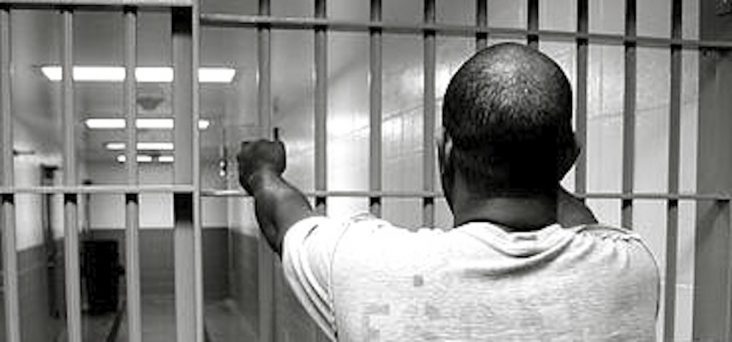UAFS Chancellor, Restore Hope aiming for 10% cut in recidivism by August 2018
by August 25, 2017 6:18 am 796 views

University of Arkansas at Fort Smith (UAFS) Chancellor Dr. Paul Beran wants to see a 10% drop in recidivism for Sebastian County by this time next year, citing the county’s foster care turmoil and economic impact as motivating factors.
Beran accepted a role as county chair of Gov. Asa Hutchinson’s foster care and prison re-entry initiative Restore Hope in May, and has since had time to add specifics for the university’s role.
Restore Hope Executive Director Paul Chapman, at a foster care awareness event at the Mercy Hospital Medical Building Thursday night (Aug. 24), said Beran was “starting to change some policies” with regard to the university’s college of applied science to assist individuals in need with obtaining technical certifications, such as CDL and welding licenses.
“These are good jobs,” Chapman said, adding that “only about half the people on parole or probation in this community have full-time employment. So if we can partner to get them educated and get skills that would allow them to make a living wage, we will help many in crisis.”
Chapman continued: “I have been involved in fostering and adopting for 10 or 11 years now. The issues that we have in front of us in Sebastian County are complex. They’re difficult. We have a lot of adults in our community, who need a whole lot of help. They need advocates. We should remove every barrier for a child or youth or adult in our community so that … success would be their choice. And right now, I’ll tell you there are a lot of hurting adults, and they can’t recognize the opportunities in front of them, or they don’t possess the capacity to take advantage of them.”
Beran told Talk Business & Politics after the event UAFS should begin to be in “full swing” with the effort as well as an in-development life-coaching program six months from now, and that “by this time next year, I’d like to see that 55(% recidivism) go down to 45%. That still isn’t good, but you’re always going to have failure. You just got to have failure at an acceptable rate.”
Beran noted from an economic perspective, each inmate who does not reoffend saves the state around $100,000. Sebastian County communities welcome back between 600 and 750 each year. At the 55% current recidivism rate, this costs the state an additional $33 million to $41.25 million annually. A 10% improvement would lower these figures to $27 million to $33.75 million, a savings of between $6 million and $9.5 million. Families with working adults would also be less likely to unravel, and that’s one area where life coaching could contribute in addressing Sebastian’s worst-in-state foster care issue.
“We are in the process of establishing some programs to help train life coaches to help those people who are coming out of prison so that they can not only be educated, but develop life skills,” Beran said. “Life coaching isn’t something many universities are looking at doing. What we’ve determined is that it will probably be a 9-12 hour course – if you put it into credit hours, it might or might not be – but it’s a set of skills that somebody is taught so they can teach others how to manage their lives better. We’ve got a newly established social work program, and I have several people interested in that arena who could help me to build a program to be able to train life coaches.”
Beran said with changes to Medicaid and Medicare rules, life coaching services can be reimbursable.
“There are some positive things that have happened at the federal level in that regard. So it is a real and valid job starting in 2018.”
Sebastian County currently has 755 children in the foster care system (one in 40), and two-thirds are housed in other parts of the state because of a shortage of available homes in-county.
